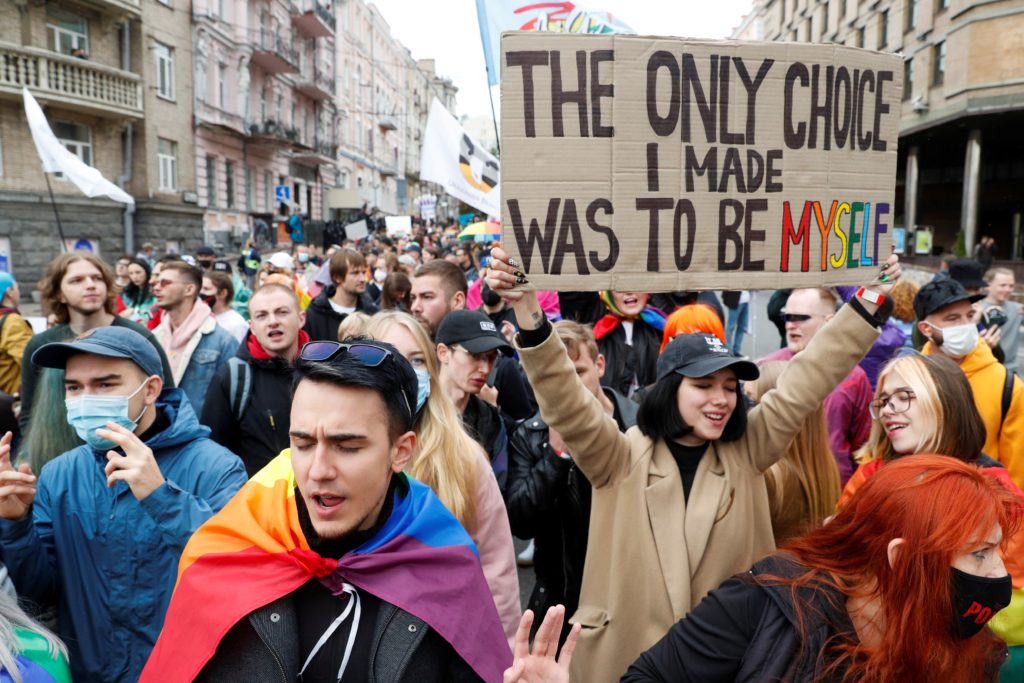In a rare disagreement with President Volodymyr Zelenskyy's government, Ukrainian churches have criticized ratification of a Council of Europe Convention on combating violence against women, warning it risks imposing "gender ideology" on their war-torn country.
"We see more harm than potential good in this convention, and we encourage all believers to denounce it," said Bishop Vitalii Kryvytskyi of Kyiv-Zhytomyr, chairman of the church-state and ecumenical commissions for Ukraine's Latin-rite Catholic bishops.
"The ratification question was raised in 'turbo mode' during war, without public discussion, and it was stressed manipulatively that our further European integration depended on it. Yet we are well aware of the conditions put forward by the European Union for Ukraine's membership, and none mentions this convention."
The bishop's statement was published by the Catholic Credo news agency in late July, following Ukraine's July 18 ratification of the "Convention on preventing and combating violence against women and domestic violence," adopted in Istanbul in 2011.
Bishop Kryvytskyi said the convention already had "caused tension in society" and urged Ukrainians to "demonstrate their will" against it, despite current war conditions.
Orthodox, Protestant, Jewish and Muslim leaders also condemned the convention's acceptance, saying it carried "dangers of gender ideology" by "popularizing same-sex sexual relations and spreading cases of gender dysphoria among children and youth."
"Alongside norms aimed at combating domestic violence, this document introduces 'gender' as an ideological concept of human self-identification -- Ukraine's religious communities cannot agree with this," the Spiritual Council of Christians in Odessa said in a July 25 appeal to Zelenskyy.
"Its ratification will provoke public protests, dissatisfaction and criticism of Ukraine's leadership, at the very time when it is necessary to unite in fighting the Russian aggressor."
The Istanbul Convention creates the world's first legal framework for curbing sexual violence, forced marriages and female genital mutilation. It has been signed by all 47 Council of Europe member states except Russia and Azerbaijan, and ratified by 36, including traditionally Catholic Italy, Malta, Poland and Spain.
However, eight states, including Bulgaria, Hungary and Slovakia, have refused ratification, after objections that its Article 3 defines gender as a social and cultural construction, and that its clauses on protecting women endanger family life, traditional marriage and rights to religious freedom.
France and Germany were among 34 states that introduced formal reservations.

